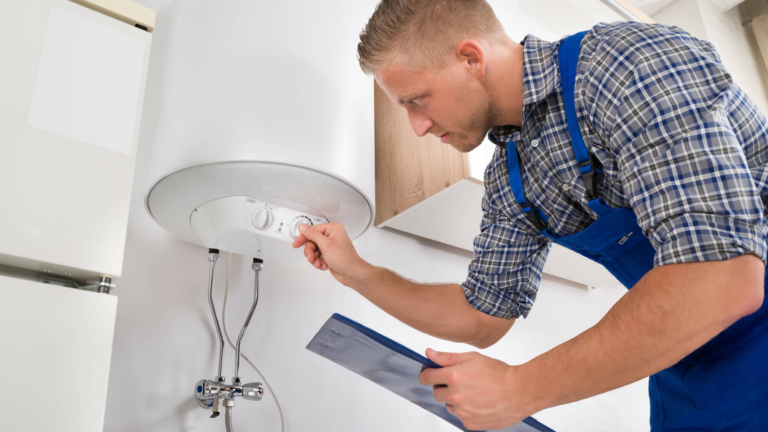Replacing a water heater is a significant home improvement project that can affect your daily comfort and energy efficiency. To ensure a smooth and hassle-free water heater replacement process, it’s essential to follow best practices and consider several key factors. This article provides valuable insights and tips to guide you through a successful water heater replacement.
Understanding Your Water Heater Needs
Before beginning the water heater replacement process, it’s crucial to assess your specific needs. Consider the following factors to determine the most suitable water heater for your home:
- Type of Water Heater:Choose between traditional tank models and tankless options. Traditional tanks store a large volume of hot water, while tankless systems provide on-demand hot water, which can be more energy-efficient.
- Capacity:Ensure the new water heater has the appropriate capacity to meet your household’s hot water demands. Calculate the required size based on the number of occupants and usage patterns.
- Energy Efficiency:Look for energy-efficient models with high Energy Factor (EF) ratings to reduce energy consumption and lower utility bills.
Selecting a Reputable Contractor
Hiring a skilled and experienced contractor is crucial for a successful water heater replacement. Consider the following tips when selecting a contractor:
- Credentials:Verify that the contractor is licensed, insured, and experienced in water heater installations. Check their reputation through online reviews and referrals from past clients.
- Quotes:Obtain written quotes from multiple contractors to compare costs and services. Ensure that the quotes include all aspects of the replacement process, such as removal of the old unit and installation of the new one.
- Warranties:Inquire about the warranties provided for both the water heater and the installation. A reputable contractor should offer a warranty that covers both parts and labor.
Preparing for the Replacement
Proper preparation can help ensure a smooth water heater replacement process. Follow these steps to prepare:
- Turn Off the Water Supply:Locate the main water shut-off valve and turn off the water supply to prevent leaks and flooding during the replacement.
- Drain the Old Water Heater:Attach a hose to the drain valve of the old water heater and direct the water into a suitable container or drain. Allow the tank to empty completely.
- Remove the Old Unit:Disconnect the old water heater from the plumbing and electrical or gas connections. Carefully remove it from its location, taking care not to damage surrounding areas.
Installing the New Water Heater
The installation of the new water heater involves several key steps:
- Positioning:Place the new water heater in the designated location, ensuring it is level and properly aligned with the plumbing connections.
- Connections:Connect the new unit to the existing plumbing and electrical or gas lines. Use appropriate fittings and sealants to prevent leaks.
- Testing:Once the connections are made, turn on the water supply and check for any leaks or issues. Test the unit by running hot water and adjusting the temperature settings as needed.
Post-Installation Considerations
After the installation is complete, take the following steps to ensure everything is functioning correctly:
- System Check:Verify that the new water heater is operating efficiently and providing adequate hot water. Monitor the system for any unusual noises or performance issues.
- Cleanup:Dispose of the old water heater and any debris from the installation. Ensure that the work area is clean and free of hazards.
- Maintenance:Schedule regular maintenance for your new water heater to prolong its lifespan and maintain optimal performance. This includes periodic flushing of the tank and checking for any signs of wear or corrosion.
Conclusion
A smooth water heater replacement process requires careful planning, preparation, and execution. By understanding your needs, selecting a reputable contractor, preparing adequately, and following best practices during installation, you can ensure a successful replacement and enjoy the benefits of a reliable and efficient water heater. Investing time and effort into the replacement process will contribute to the overall comfort and functionality of your home.

